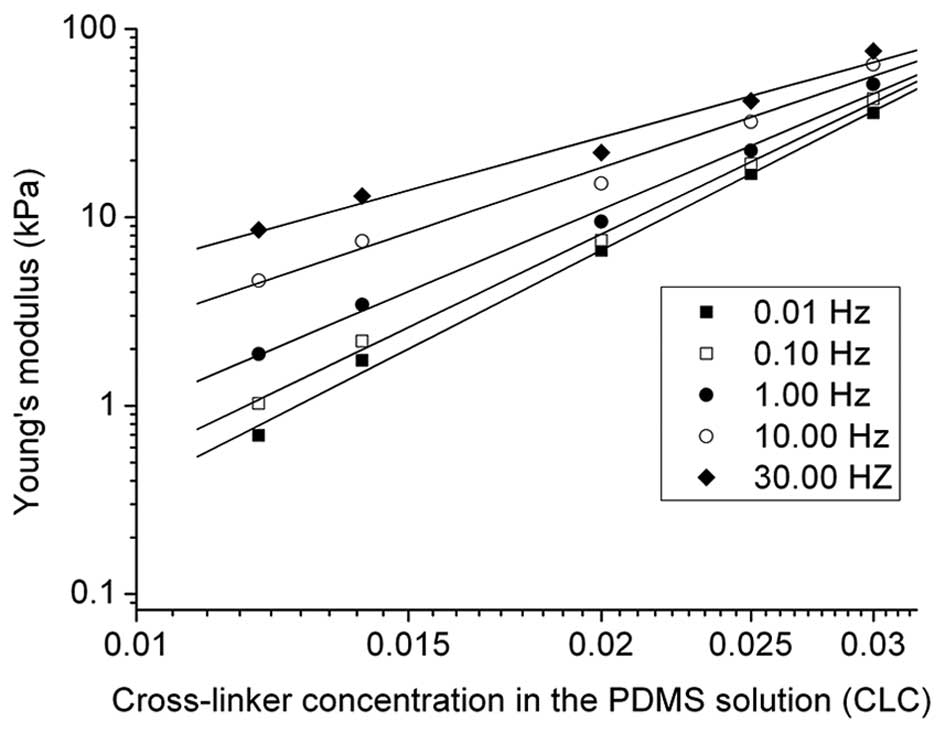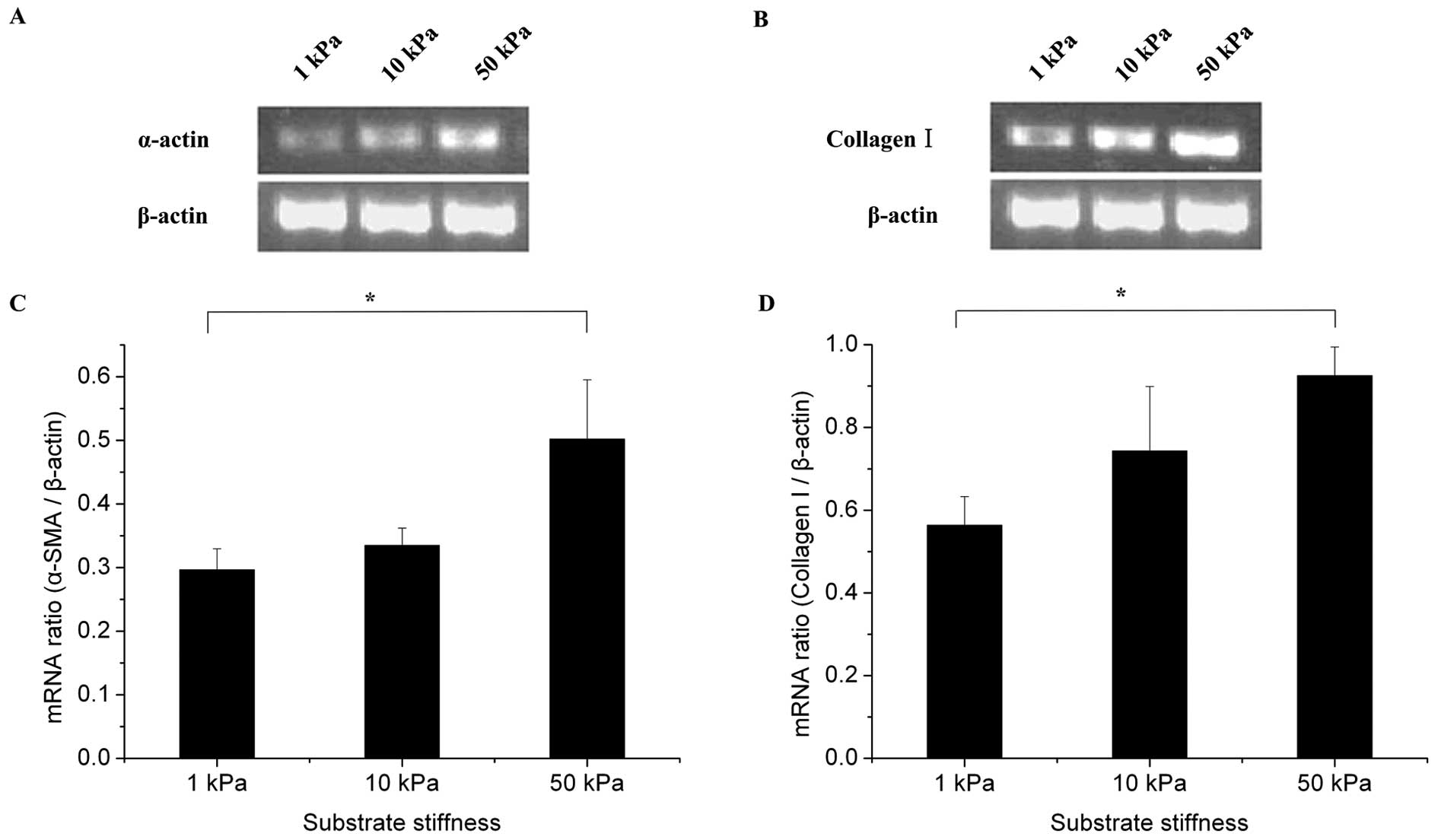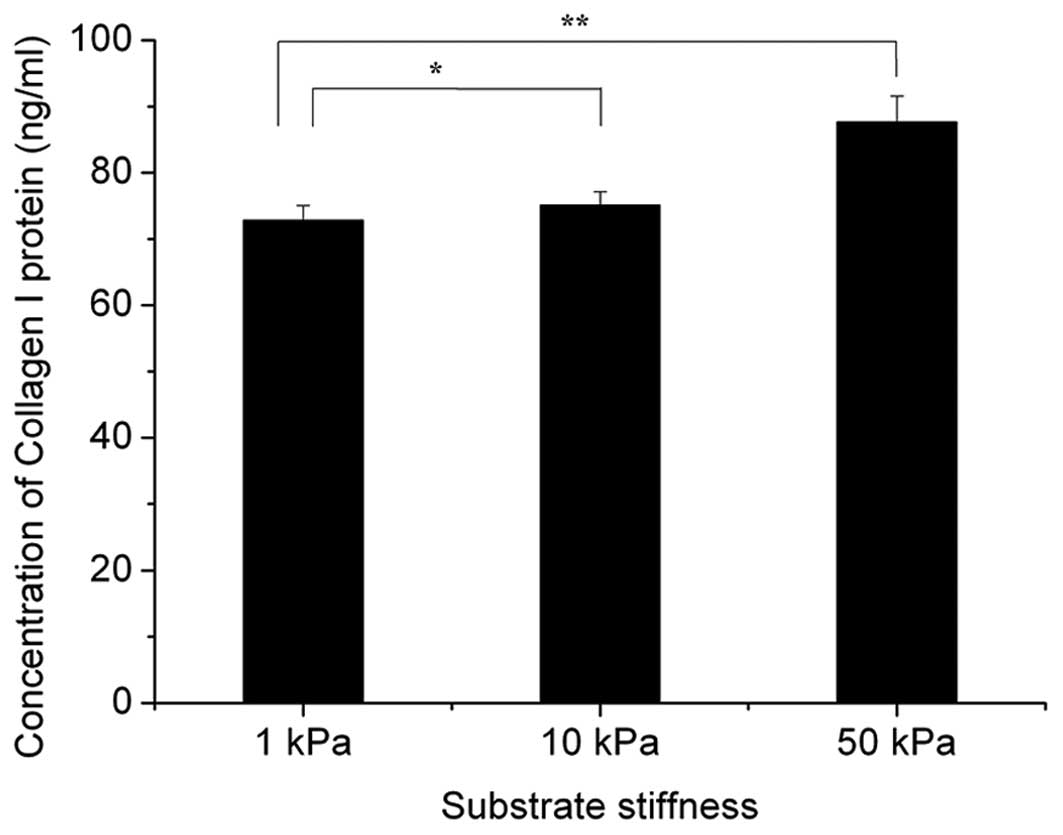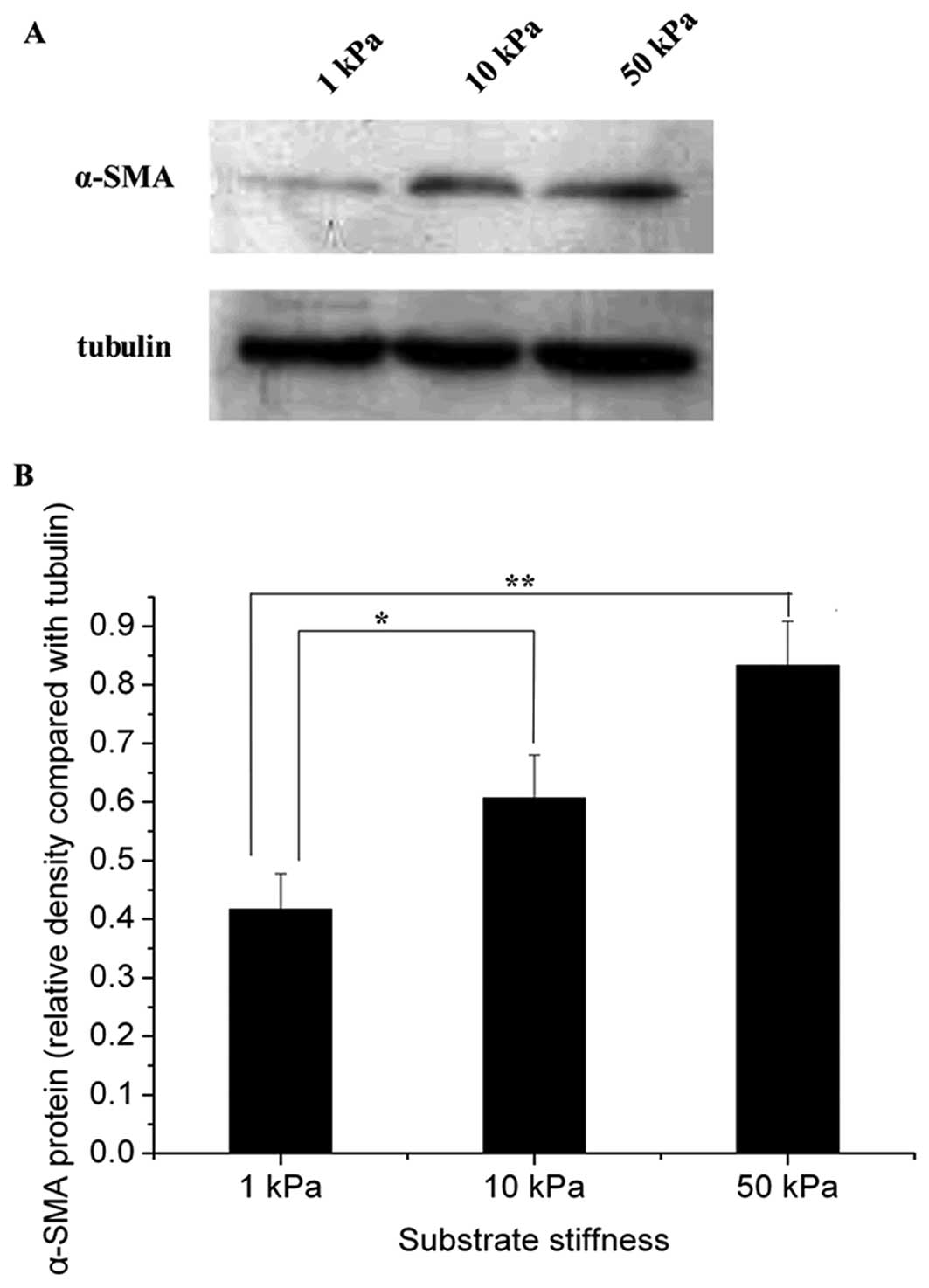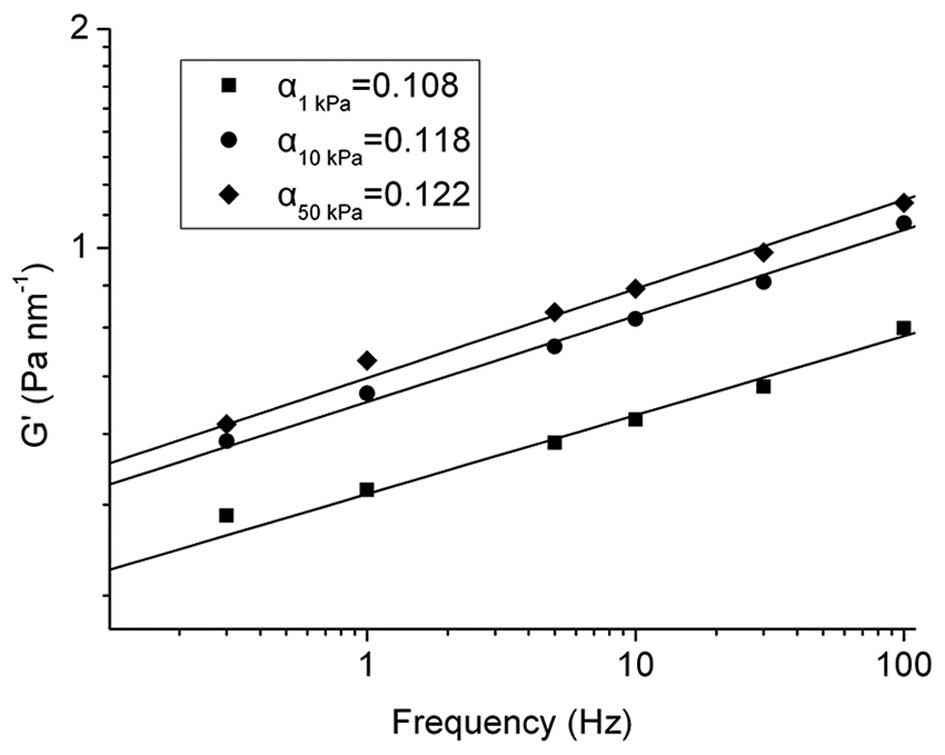|
1
|
Elias JA: Airway remodeling in asthma.
Unanswered questions. Am J Respir Crit Care Med. 161:S168–S171.
2000. View Article : Google Scholar : PubMed/NCBI
|
|
2
|
Al-Muhsen S, Johnson JR and Hamid Q:
Remodeling in asthma. J Allergy Clin Immunol. 128:451–464. 2011.
View Article : Google Scholar
|
|
3
|
Sumi Y and Hamid Q: Airway remodeling in
asthma. Allergol Int. 56:341–348. 2007. View Article : Google Scholar
|
|
4
|
Grainge CL, Lau LC, Ward JA, et al: Effect
of bronchoconstriction on airway remodeling in asthma. N Engl J
Med. 364:2006–2015. 2011. View Article : Google Scholar : PubMed/NCBI
|
|
5
|
Jones RC and Jacobson M: Angiogenesis in
the hypertensive lung: response to ambient oxygen tension. Cell
Tissue Res. 300:263–284. 2000. View Article : Google Scholar : PubMed/NCBI
|
|
6
|
Serini G and Gabbiani G: Mechanisms of
myofibroblast activity and phenotypic modulation. Exp Cell Res.
250:273–283. 1999. View Article : Google Scholar : PubMed/NCBI
|
|
7
|
Desmouliere A, Geinoz A, Gabbiani F and
Gabbiani G: Trans forming growth factor-beta 1 induces alpha-smooth
muscle actin expression in granulation tissue myofibroblasts and in
quiescent and growing cultured fibroblasts. J Cell Biol.
122:103–111. 1993. View Article : Google Scholar
|
|
8
|
Evans RA, Tian YC, Steadman R and Phillips
AO: TGF-beta1-mediated fibroblast-myofibroblast terminal
differentiation-the role of Smad proteins. Exp Cell Res.
282:90–100. 2003. View Article : Google Scholar : PubMed/NCBI
|
|
9
|
George SJ: Regulation of myofibroblast
differentiation by convergence of the Wnt and TGF-beta1/Smad
signaling pathways. J Mol Cell Cardiol. 46:610–611. 2009.
View Article : Google Scholar : PubMed/NCBI
|
|
10
|
Halwani R, Al-Muhsen S, Al-Jahdali H and
Hamid Q: Role of transforming growth factor-β in airway remodeling
in asthma. Am J Respir Cell Mol Biol. 44:127–133. 2011.
|
|
11
|
Brewster CE, Howarth PH, Djukanovic R,
Wilson J, Holgate ST and Roche WR: Myofibroblasts and subepithelial
fibrosis in bronchial asthma. Am J Respir Cell Mol Biol. 3:507–511.
1990. View Article : Google Scholar : PubMed/NCBI
|
|
12
|
Descalzi D, Folli C, Scordamaglia F,
Riccio AM, Gamalero C and Canonica GW: Importance of
fibroblasts-myofibroblasts in asthma-induced airway remodeling.
Recent Pat Inflamm Allergy Drug Discov. 1:237–241. 2007. View Article : Google Scholar
|
|
13
|
Chicurel ME, Singer RH, Meyer CJ and
Ingber DE: Integrin binding and mechanical tension induce movement
of mRNA and ribosomes to focal adhesions. Nature. 392:730–733.
1998. View Article : Google Scholar : PubMed/NCBI
|
|
14
|
Shebanova O and Hammer DA: Biochemical and
mechanical extracellular matrix properties dictate mammary
epithelial cell motility and assembly. Biotechnol J. 7:397–408.
2012. View Article : Google Scholar : PubMed/NCBI
|
|
15
|
Huang S and Ingber DE: The structural and
mechanical complexity of cell-growth control. Nat Cell Biol.
1:E131–E138. 1999. View
Article : Google Scholar : PubMed/NCBI
|
|
16
|
Olsen AL, Bloomer SA, Chan EP, et al:
Hepatic stellate cells require a stiff environment for
myofibroblastic differentiation. Am J Physiol Gastrointest Liver
Physiol. 301:G110–G118. 2011. View Article : Google Scholar : PubMed/NCBI
|
|
17
|
Edwards DA, Gooch KJ, Zhang I, McKinley GH
and Langer R: The nucleation of receptor-mediated endocytosis. Proc
Natl Acad Sci USA. 93:1786–1791. 1996. View Article : Google Scholar : PubMed/NCBI
|
|
18
|
Sieminski AL, Padera RF, Blunk T and Gooch
KJ: Systemic delivery of human growth hormone using genetically
modified tissue-engineered microvascular networks: Prolonged
delivery and endothelial survival with inclusion of nonendothelial
cells. Tissue Eng. 8:1057–1069. 2002. View Article : Google Scholar
|
|
19
|
Discher DE, Janmey P and Wang YL: Tissue
cells feel and respond to the stiffness of their substrate.
Science. 310:1139–1143. 2005. View Article : Google Scholar : PubMed/NCBI
|
|
20
|
Peyton SR, Ghajar CM, Khatiwala CB and
Putnam AJ: The emergence of ECM mechanics and cytoskeletal tension
as important regulators of cell function. Cell Biochem Biophys.
47:300–320. 2007. View Article : Google Scholar : PubMed/NCBI
|
|
21
|
Engler AJ, Sen S, Sweeney HL and Discher
DE: Matrix elasticity directs stem cell lineage specification.
Cell. 126:677–689. 2006. View Article : Google Scholar : PubMed/NCBI
|
|
22
|
Allen JL, Cooke ME and Alliston T: ECM
stiffness primes the TGFβ pathway to promote chondrocyte
differentiation. Mol Biol Cell. 23:3731–3742. 2012.PubMed/NCBI
|
|
23
|
Toworfe GK, Composto RJ, Adams CS, Shapiro
IM and Ducheyne P: Fibronectin adsorption on surface-activated
poly(dimethylsiloxane) and its effect on cellular function. J
Biomed Mater Res A. 71:449–461. 2004. View Article : Google Scholar : PubMed/NCBI
|
|
24
|
Yim EK, Reano RM, Pang SW, Yee AF, Chen CS
and Leong KW: Nanopattern-induced changes in morphology and
motility of smooth muscle cells. Biomaterials. 26:5405–5413. 2005.
View Article : Google Scholar : PubMed/NCBI
|
|
25
|
Goffin JM, Pittet P, Csucs G, Lussi JW,
Meister JJ and Hinz B: Focal adhesion size controls
tension-dependent recruitment of alpha-smooth muscle actin to
stress fibers. J Cell Biol. 172:259–268. 2006. View Article : Google Scholar : PubMed/NCBI
|
|
26
|
Fuard D, Tzvetkova-Chevolleau T, Decossas
S, Tracqui P and Schiavone P: Optimization of
poly-di-methyl-siloxane (PDMS) substrates for studying cellular
adhesion and motility. Microelectron Eng. 85:1289–1293. 2008.
View Article : Google Scholar
|
|
27
|
Richter A, Puddicombe SM, Lordan JL, et
al: The contribution of interleukin (IL)-4 and IL-13 to the
epithelial-mesenchymal trophic unit in asthma. Am J Respir Cell Mol
Biol. 25:385–391. 2001. View Article : Google Scholar : PubMed/NCBI
|
|
28
|
Fabry B, Maksym GN, Butler JP, Glogauer M,
Navajas D and Fredberg JJ: Scaling the microrheology of living
cells. Phys Rev Lett. 87:1481022001. View Article : Google Scholar : PubMed/NCBI
|
|
29
|
Sniadecki NJ, Desai RA, Ruiz SA and Chen
CS: Nanotechnology for cell-substrate interactions. Ann Biomed Eng.
34:59–74. 2006. View Article : Google Scholar : PubMed/NCBI
|
|
30
|
Roy SG, Nozaki Y and Phan SH: Regulation
of alpha-smooth muscle actin gene expression in myofibroblast
differentiation from rat lung fibroblasts. Int J Biochem Cell Biol.
33:723–734. 2001. View Article : Google Scholar : PubMed/NCBI
|
|
31
|
Holgate ST, Davies DE, Lackie PM, Wilson
SJ, Puddicombe SM and Lordan JL: Epithelial-mesenchymal
interactions in the pathogenesis of asthma. J Allergy Clin Immunol.
105:193–204. 2000. View Article : Google Scholar : PubMed/NCBI
|
|
32
|
Hinz B: Masters and servants of the force:
The role of matrix adhesions in myofibroblast force perception and
transmission. Eur J Cell Biol. 85:175–181. 2006. View Article : Google Scholar : PubMed/NCBI
|
















